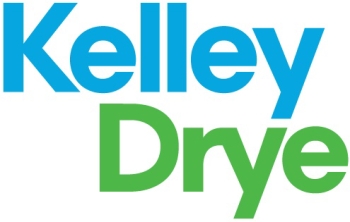The U.S. government kicked up its FDCA enforcement in July, as the U.S. Department of Justice announced that it was separately charging three individuals with criminal interstate trafficking of different unapproved drugs. Each of the three individuals was also the subject of a civil case brought by DOJ, which they have now agreed to settle by entry of consent decrees of permanent injunction. Two of the companies are also subject to the consent decrees. (Both FDA and DOJ are tasked with civil and criminal enforcement under the FDCA. FDA typically initiates enforcement by identifying potential cases and referring them DOJ. Even when the DOJ leads the enforcement action on FDA’s behalf, FDA will often stay involved in the case.)
While the newly announced cases might sound like extreme examples – involving supplements marketed for treating serious diseases including herpes, cancer, Alzheimer’s, diabetes, and AIDS – they are salient reminders of the government’s criminal authority over unapproved drug claims. One case in particular has an interesting set of facts, involving a website that wasn’t quite scrubbed of drug claims, plus a cross-border sting operation.
In 2011, FDA and the Federal Trade Commission issued a joint warning letter to Flor Nutraceuticals regarding the sale of its Herpaflor supplements. FDA took issue with the company’s claims that its products could treat herpes and cold sores and could prevent outbreaks; FDA considered these unapproved drug claims. The FTC, meanwhile, reminded the company that claims that a product can prevent, treat, or cure human disease must be supported by competent and reliable scientific evidence, including, when appropriate, well-controlled human clinical studies, substantiating that the claims are true at the time they are made.
After the warning letter, the company modified the claims on its U.S. website so that it did not describe what the Herpaflor products are or purport to do. In other words, technically speaking, the website text did not contain any specific drug claims. However, the site referred to herpes outbreak prevention in the title of internal pages, so that the URL of a page made statements such as “Herpaflor Herpes Cold Sore HSV Outbreak Prevention Relief.” In addition, the website identified no other use for the products and misstated FDA policy on marketing unapproved drugs by assuring consumers that because of “regulatory requirements that affect the marketing of products such as Herpaflor … we can no longer provide descriptions of our products, or make any health claims for them”… “issue is the marketing of products, not their safety, so please do not be concerned.”
Meanwhile, according to DOJ allegations, a Canadian distributor continued to make the violative drug claims in Canada. So how did the U.S. government get a hook over the Canadian distributor’s marketing of the drug? By having a U.S. postal inspector posing as a consumer send an email to Defendants’ Canadian distributor, who responded by comparing Herpaflor favorably to Valtrex, a prescription herpes medicine. The government also documented shipments in interstate commerce to Canada, and a shipment to Washington, D.C.
The announcement of this case in particular should is a reminder about potentially aggressive enforcement of the FDCA, including when a company attempts to use web search tools or foreign affiliates to skirt FDA restrictions.



